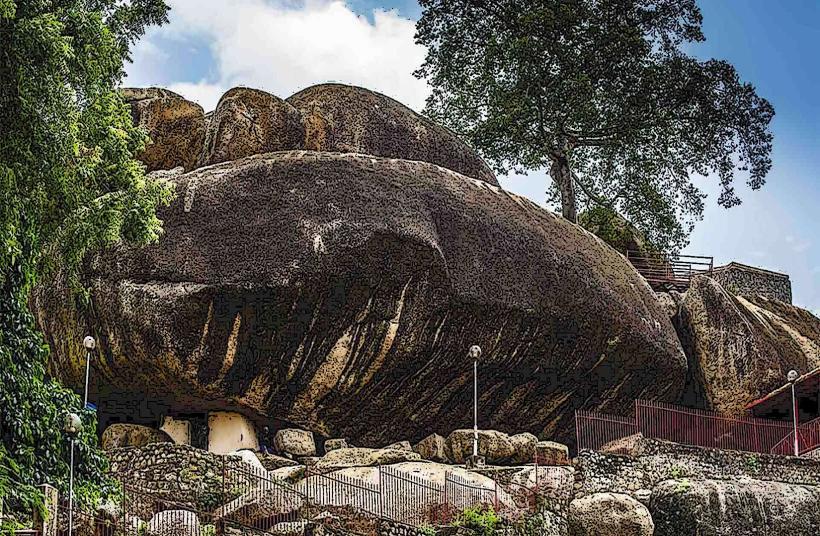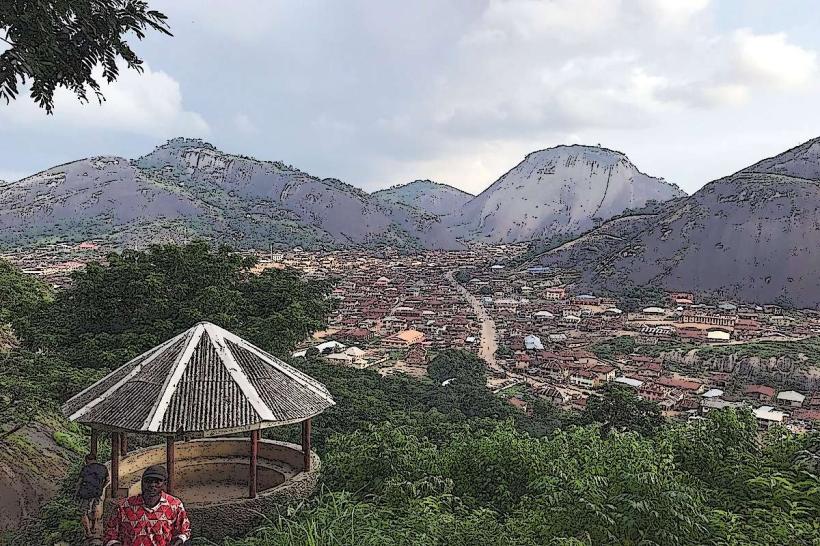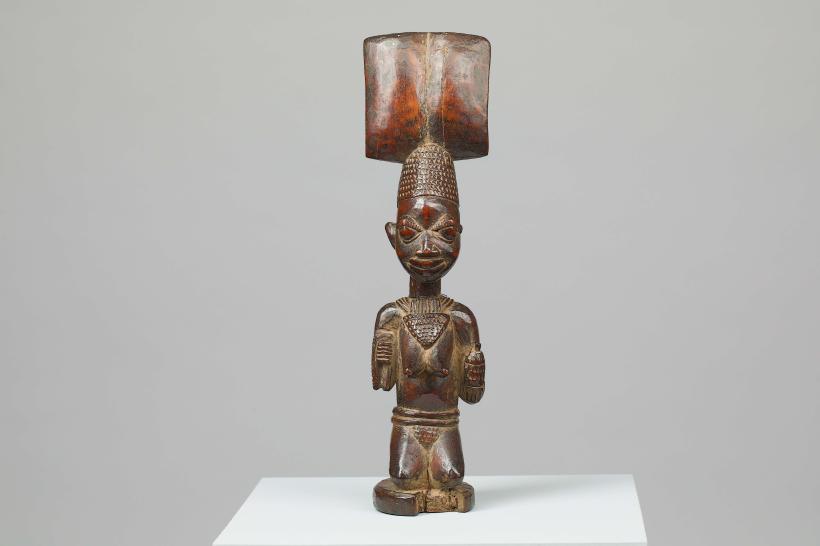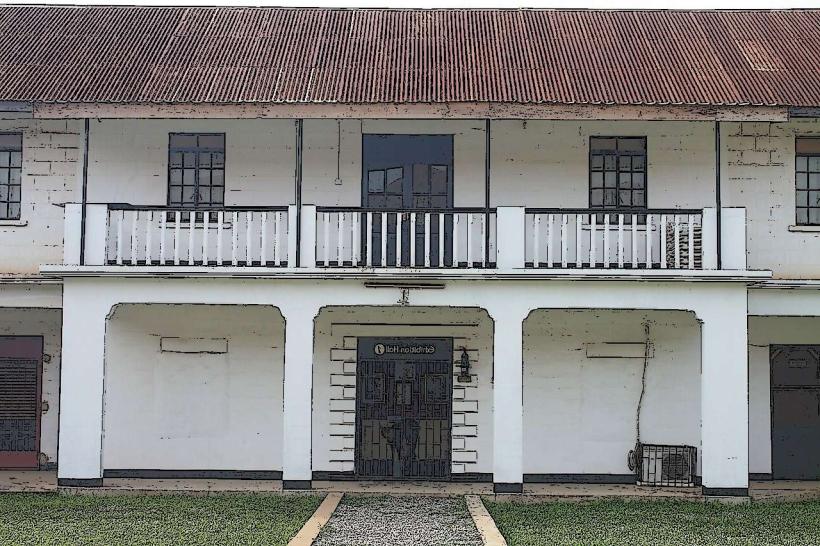Information
Landmark: Ijebu-Ode National MuseumCity: Ogun
Country: Nigeria
Continent: Africa
Ijebu-Ode National Museum, Ogun, Nigeria, Africa
The Ijebu National Museum, located in Ijebu-Ode, Ogun State, Nigeria, is a key cultural institution designed to preserve and showcase the heritage of the Ijebu people. Here's a detailed look at its history, exhibits, and significance:
Origins and Establishment
The Ijebu National Museum was established in 2014 to commemorate the 80th birthday of Oba Sikiru Kayode Adetona, the Awujale (traditional ruler) of Ijebuland. The museum is housed as an extension of the Awujale Palace, which is the residence and seat of the Ijebu monarch.
It was the product of collaborative efforts from the Ijebu Council of Otunbas (a body of traditional chiefs) and the Awujale himself. The museum was curated with the guidance of Craig Fashoro, an expert in traditional African art and cultural preservation.
The museum's primary goal is to preserve the rich cultural and historical heritage of the Ijebu people, who are part of the larger Yoruba ethnic group. The museum offers a unique space to explore the deep traditions, history, and artistry of the Ijebu kingdom.
Exhibits and Collections
The museum features a wide variety of exhibits that provide a window into the life, culture, and traditions of the Ijebu people:
Traditional Yoruba Artifacts: The museum houses an array of traditional items that showcase the artistic expressions of the Ijebu people. These include sculptures, pottery, textiles, and other handcrafted items that reflect the community’s heritage.
Royal Regalia: Ceremonial attire, crowns, and regalia that are used in the royal rites of the Ijebu monarchy. These items provide visitors with insight into the grandeur of the Ijebu kingship and the important cultural ceremonies associated with the royal family.
Cultural Relics: Various objects used in the daily life of the Ijebu community, including tools, implements, and objects that tell the story of their agriculture, trade, and community customs. These items also reflect the socio-political structure of the Ijebu people, including their governance and systems of leadership.
The museum’s collection provides a comprehensive look at the history of the Ijebu people, offering insights into their way of life, beliefs, and the evolution of their culture over centuries.
Significance
The Ijebu National Museum plays a critical role in preserving the history and culture of the Ijebu people, one of the major ethnic groups in southwestern Nigeria. It also serves as a center of education and cultural exchange, offering both locals and visitors a deeper understanding of the Ijebu’s contributions to Nigerian culture and the Yoruba-speaking world.
As a cultural institution, the museum helps to safeguard the region's traditions and provides a platform for cultural tourism. Visitors can learn not only about the rich cultural heritage of the Ijebu but also about the broader Yoruba traditions, which have greatly influenced Nigerian society as a whole.
The museum also contributes to the promotion of cultural awareness and heritage tourism in Nigeria, helping to preserve the Ijebu's unique identity in a rapidly modernizing world.
Visitor Information
Address: Etitale, Ijebu-Ode, Ogun State, Nigeria.
Opening Hours: While specific hours may vary, the museum is generally open daily for visitors. It is recommended to contact the museum ahead of time for accurate visiting hours and to confirm availability.
Phone: +234 706 657 7238 (for inquiries).
Entry Fee: While specific entry fees are not always listed, it’s advisable to contact the museum directly to inquire about the current cost of admission.
Cultural Role and Impact
The museum helps to ensure that the history and cultural practices of the Ijebu people are not forgotten. It serves as a place where both locals and visitors can learn about the Ijebu kingdom’s rich heritage and the artistic and ceremonial traditions that have been passed down for generations.
It also provides a platform for future generations to engage with their heritage, and through educational programs, the museum plays a role in educating visitors on the significance of these cultural practices.
Conclusion
The Ijebu National Museum stands as a testament to the enduring cultural richness of the Ijebu people. It offers a unique opportunity to explore their history, art, and traditions while helping to preserve their heritage for future generations. Whether you're a history buff, art lover, or cultural enthusiast, a visit to this museum is an enriching experience that provides insights into one of Nigeria's prominent and influential kingdoms.








